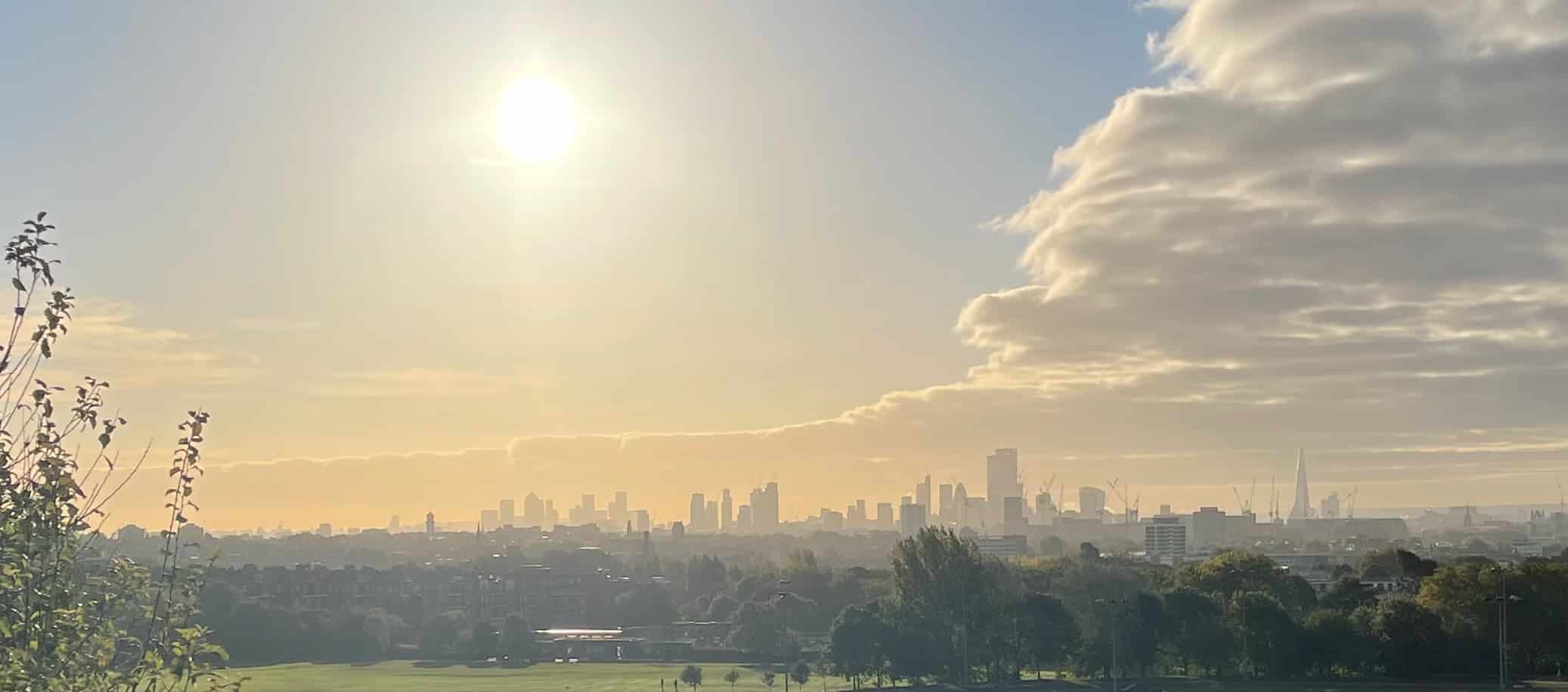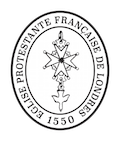
Newsletter, French protestant church of London, May 2024
Dear parishioners,
Spring is finally upon us, and soon the Easter season will culminate in the celebration of Pentecost. Pentecost marks the 50th day after Easter, and is described in the Acts of the Apostles as the heavens opening and the Spirit descending upon the disciples, enabling them to speak in various tongues so that each could be understood in the native language of the listener.
One cannot help but be reminded of another episode found at the other end of the Bible, in the Book of Genesis, when the heavens were closed to those who had undertaken the ambitious feat of building a tower to reach them, in order to make a name for themselves. God also descended upon humanity in this episode but this time to “confuse” their languages and scatter them across the earth. Could this confusion and the creation of a multitude of cultures and languages really be a divine punishment that contrasts with the gift that the disciples receive in Acts 2?
What if, quite on the contrary, this was all the logical continuation of Creation: first man, then a couple, then a multitude of languages and cultures created (in Genesis), to finally the opening onto all horizons of humanity with the ability for us to reach out to and embrace others in all their diversity (in Acts)?
As a francophone community living abroad, as a church of expatriates, these stories take on particular meaning for us. Indeed, beyond our common language, we have very diverse origins. We are a church of uprooted individuals coming from various cultures – a living expression of plurality and multiculturalism. This plurality is something we must celebrate because it means that we are truly allies, despite our inevitable differences.
“All equal, all different” (the slogan of the Council of Europe): universal equality only exists if particular differences are respected. If, like the those who built the Tower of Babel, we were all the same, then nothing would be foreign to us and the very concept of equality would no longer have reason to exist. If we all flatten ourselves to a common denominator, dialogue would no longer be necessary, and without dialogue what do we become? I am nothing if You are no one.
Without this plurality, there would be no Church of God either… for there would just be a uniform mass facing Him. However, God calls and gives His word to a people, to His people. Being the “people of God” means living its plurality, welcoming our differences and more! It means not just loving one another from afar, from the comfort of my own understanding or culture, but truly engaging with my neighbour by embracing their difference from me, speaking to them not at them from my standpoint.
This is the very essence of Pentecost: to truly bear witness to God and His work to others. For this, we must fully engage with one another – not using words that are only ours but, trusting in the Spirit of Pentecost, that we may understand each other fully and speak in a language that truly touches our neighbour. As such we will be witnesses of the wonders of God, in all the diversity of His creation and His work.
Sincerely,
The Consistory
____________________________________________________________________________________________________
Prayer
As a church of expatriates, as a church of humans from here and elsewhere,
We come to You, Lord, in all our diversity.
Lord, thank you for making us so diverse and plural.
Teach us to recognize in our differences a strength,
and to treat in-difference as a threat.
Teach us to come together,
not in a unique form that, reduced to simplicity, would limit us,
but in an expression of plurality that adds colour to our lives,
and becomes a testimony to Your name.
Amen.
____________________________________________________________________________________________________
A bit of volunteering…
Our friends at the Swiss Church are looking for new volunteers willing to help prepare and serve the weekly breakfast they offer to the homeless or people in extreme poverty.
The breakfast takes place from 7:30 AM to 9:15 AM every Tuesday.
You can find more information on the Swiss Church’s website and express your interest to Amanda.
___________________________________________________________________________________________________
A huge thank you
To Tessa Murdoch and the Worshipful Company of Clockmakers – particularly Andrew Crisford – who subsidized and organized the restoration of the clock located in the library. This clock was crafted by François (or Francis) Périgal and given to the Threadneedle Street church in 1743.
Appointed clockmaker to the king, Périgal’s works notably appear in the collections of the British Museum or the Met.
The movement, which was no longer operational, now chimes the hours again thanks to the expertise of Julius Schoonhoven, while the walnut clock which had been damaged in the 1990s by falling curtains, has been restored by Guillaume de Lantivy.






